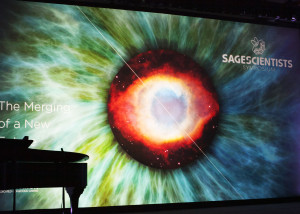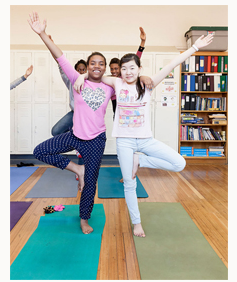A Science of Miracles—No Longer Optional?
By Deepak Chopra, MD
In its ambition to explain every aspect of the natural world, modern science has sidestepped very few problems. Some mysteries are so difficult that they defy the scientific method. It’s hard to conceive of experiments that will tell us what happened before time and space emerged, for example. But two mysteries have been consistently sidestepped for decades out of prejudice. One is the nature of consciousness, the other the reality of phenomena loosely categorized as mystical or supernatural.
However, now that there is a burgeoning science of consciousness, fermenting with much theorizing, arguments, and controversies, it may be necessary to solve all kinds of fringe phenomena, in particular miracles, that have long been considered the province of superstition, credulity, and outright fraud. (This is the hardened position of the vocal skeptics’ camp, but their impact on the practice of science is too minimal to deal with here.)


 th century, grew up in Hoboken, New Jersey. His father had fought for three years in the Union army before buying himself out so that he could be home to see his first child grow up.
th century, grew up in Hoboken, New Jersey. His father had fought for three years in the Union army before buying himself out so that he could be home to see his first child grow up.

